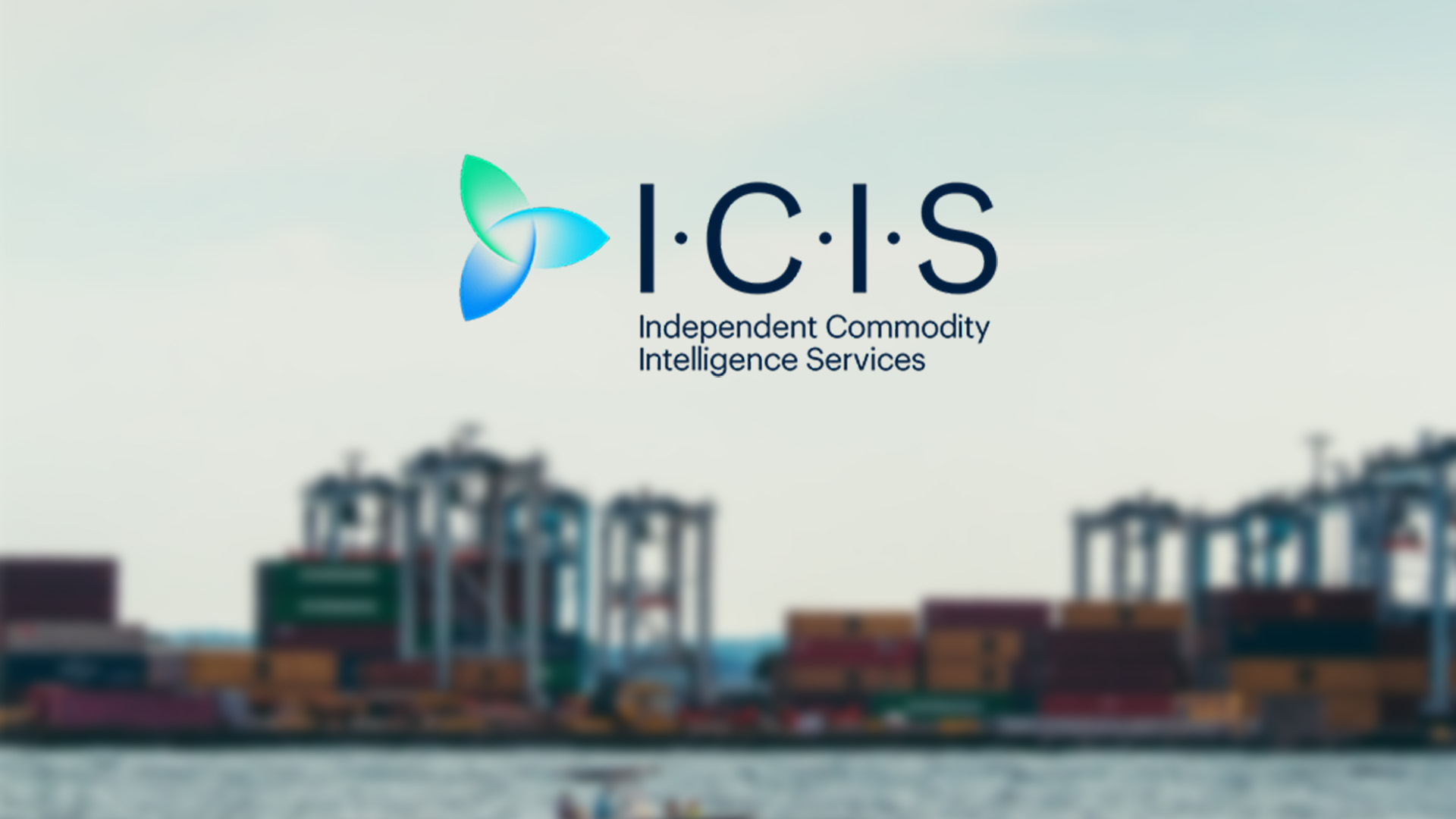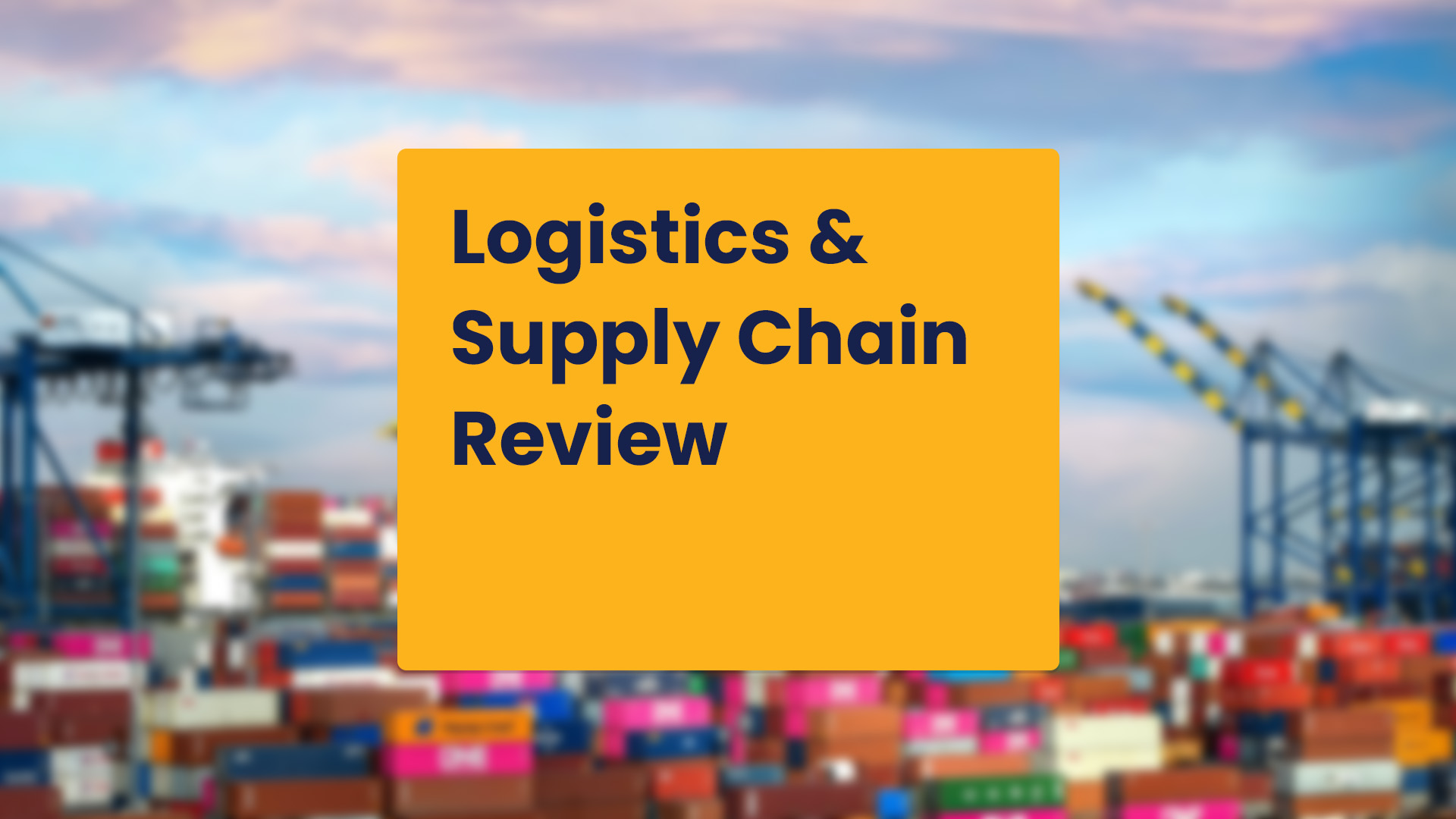Foreign-Trade Zones (FTZs) are designated areas within the United States where foreign and domestic merchandise can be stored, processed, or manufactured without being subject to customs duties or other taxes until they enter the U.S. customs territory for consumption.
FTZs have become an essential part of the global supply chain management for many industries, including the chemical industry. FTZ warehousing offers many benefits for chemical transportation and storage, however, navigating the complexities of FTZ warehousing in the context of chemical logistics requires an understanding of the best practices and compliance requirements to ensure successful operations.
In this blog post, we will explore FTZ warehousing in chemical logistics and provide an overview of its benefits, best practices, and compliance requirements.
Benefits of FTZs
FTZs are managed by the U.S. Foreign-Trade Zones Board and offer various benefits for chemical companies engaged in international trade.
-
Cost Savings
-
Increased Operational Efficiency
-
Improved Global Trade Opportunities
-
Greater Supply Chain Flexibility
-
Enhanced Customs Compliance
One of the primary benefits of FTZ warehousing for chemical companies is cost savings. Chemicals are often subject to high import duties due to their potential environmental and safety risks. FTZs allow companies to defer payment of customs duties and other taxes until the merchandise is withdrawn from the FTZ for consumption in the U.S. This can result in significant cash flow savings, as the payment of duties and taxes is deferred until the goods are actually sold or used in the domestic market. Additionally, if the goods are re-exported from the FTZ, they may be exempt from customs duties and taxes altogether, resulting in further cost savings.
FTZs can help chemical companies streamline their supply chain operations and increase operational efficiency. FTZs provide flexibility in managing inventory allowing for consolidation, deconsolidation, and value-added activities, such as blending or repackaging, within the FTZ. This can help chemical companies optimize their inventory management and reduce transportation costs by consolidating shipments before entering the U.S. customs territory.
FTZs can open up new global trade opportunities for chemical companies. FTZs can facilitate re-exportation of goods without paying customs duties and taxes. FTZs can also facilitate trade between different countries by allowing for foreign goods to enter the FTZ for processing or manufacturing, and then re-exporting the finished goods to other countries without paying customs duties and taxes. This can help chemical companies expand their global reach and explore new markets.
FTZ warehousing provides greater flexibility in managing supply chain operations. Goods stored in FTZs can be held for an indefinite period without incurring additional duties or taxes, allowing companies to strategically manage their inventory levels and respond to changing market conditions. This can be especially valuable in the chemical industry, where the demand for certain chemicals can fluctuate due to factors such as seasonality, regulatory changes, or customer requirements.
FTZs and the companies operating them are subject to rigorous customs regulations and other federal laws to ensure the smooth functioning of their operations. This can help chemical companies maintain a high level of customs compliance and reduce the risk of penalties or fines for non-compliance, which can be critical in a highly regulated industry like chemicals.
Best Practices for Managing FTZ Warehouses
To fully leverage the benefits of FTZ warehousing in chemical logistics, it is essential to follow best practices for managing FTZ warehouses. Here are some key best practices to consider:
-
FTZ Activation and Subzone Designation
-
Compliance with FTZ Regulations
-
Establish Robust Record-Keeping Procedures and Inventory Control
-
Develop Strong Security Protocols
-
Train Employees on FTZ Regulations and Procedures
-
Regularly Review and Update FTZ Procedures
-
Collaborate with Experienced FTZ Partners
The first step in setting up an FTZ warehouse for chemical logistics is to obtain FTZ activation and subzone designation from the U.S. Foreign-Trade Zones Board. This involves applying, including a detailed description of the planned FTZ operations, to the Foreign-Trade Zones Board for approval. There are application and activation fees due to the U.S. Foreign Trades Zone Board, as well as to the local FTZ Administrator. A U.S. Custom’s bond is also required in the amount of the estimated customs duties and taxes that would be payable on the inventory on hand. It is essential to work with experienced FTZ consultants or legal advisors to ensure compliance with the FTZ regulations and requirements.
FTZs are subject to various regulations and requirements, including customs regulations, trade laws, and security regulations. It is crucial to ensure strict compliance with these regulations to avoid penalties or violations.
FTZ operations are subject to strict record-keeping requirements. This includes maintaining records of all goods received into and withdrawn from the FTZ, as well as records of all manufacturing operations conducted within the FTZ. Implementing robust record-keeping procedures, like using an electronic inventory management system, can help ensure accurate and efficient records, which is critical for compliance with customs and other regulatory requirements. Companies should also implement inventory control measures, such as conducting regular physical counts of inventory, implementing batch tracking, and establishing procedures for handling damaged or expired goods. This can help prevent inventory discrepancies, minimize the risk of theft or loss, and ensure accurate reporting to customs and regulatory agencies.
Security is a crucial aspect of managing FTZ warehouses, especially in the chemical industry where hazardous materials are stored. Chemical companies should develop strong security protocols to protect the FTZ warehouse premises, including access controls, surveillance systems, and proper signage to ensure compliance with safety regulations. Regular security audits should be conducted to identify and address any potential security gaps.
Properly trained and knowledgeable employees are critical to successful FTZ warehouse operations. Chemical companies should provide comprehensive training to employees involved in FTZ operations, including customs compliance, inventory control, security protocols, and record-keeping procedures. This can help ensure that employees understand and follow FTZ regulations and procedures, minimizing the risk of compliance errors and penalties. These employees should establish regular communication channels with customs officials, including conducting regular meetings, submitting timely reports, and promptly addressing any inquiries or requests. This can help build a positive relationship with customs and regulatory agencies, facilitating smooth FTZ operations and minimizing the risk of compliance issues.
FTZ regulations and procedures are subject to change, and it is essential for chemical companies to stay updated and informed to ensure continued compliance. Regularly reviewing and updating FTZ procedures as needed can help identify and address any potential compliance gaps. This includes staying updated with changes in customs regulations, conducting internal audits, and seeking assistance from customs brokers or FTZ consultants when needed.
Managing FTZ warehouses can be complex, and chemical companies can benefit from collaborating with experienced FTZ partners. This can include working with a knowledgeable customs broker, FTZ consultant, or logistics provider with expertise in FTZ operations. These partners can provide guidance, expertise, and support in navigating the complexities of FTZ regulations and procedures, ensuring compliance, and optimizing FTZ operations.
Conclusion
FTZ warehousing can offer significant benefits for chemical companies, including duty deferral and reduction, tax savings, potential property tax reductions, improved supply chain flexibility and efficiency, greater trade opportunities, and enhanced customs compliance. However, managing FTZ warehouses in the chemical industry requires careful planning, robust record-keeping, inventory control measures, security protocols, employee training, communication with customs and regulatory agencies, and regular review and update of FTZ procedures. Collaborating with an experienced FTZ partner can be an ideal arrangement that will still provide all the benefits of FTZs without having to manage the compliance and regulations, inventories, record keeping, safety, training, and policy updates in-house.
Get more articles like this in your inbox
Sign up for our monthly newsletter
Find more articles


